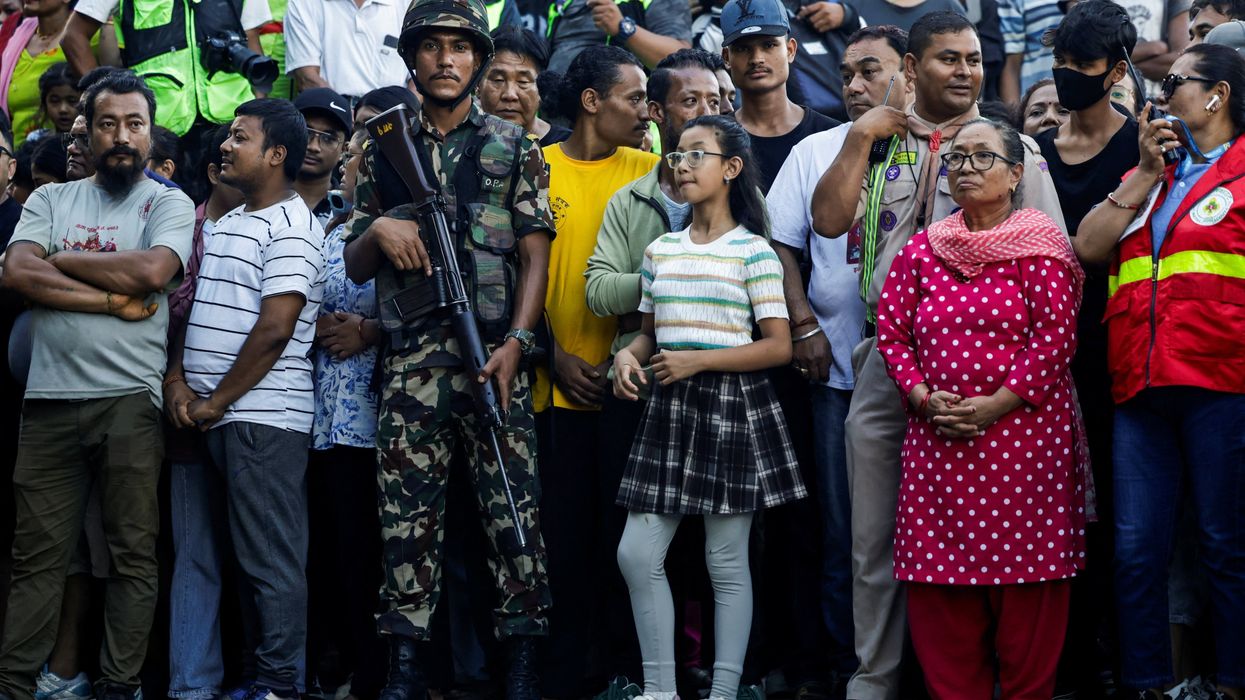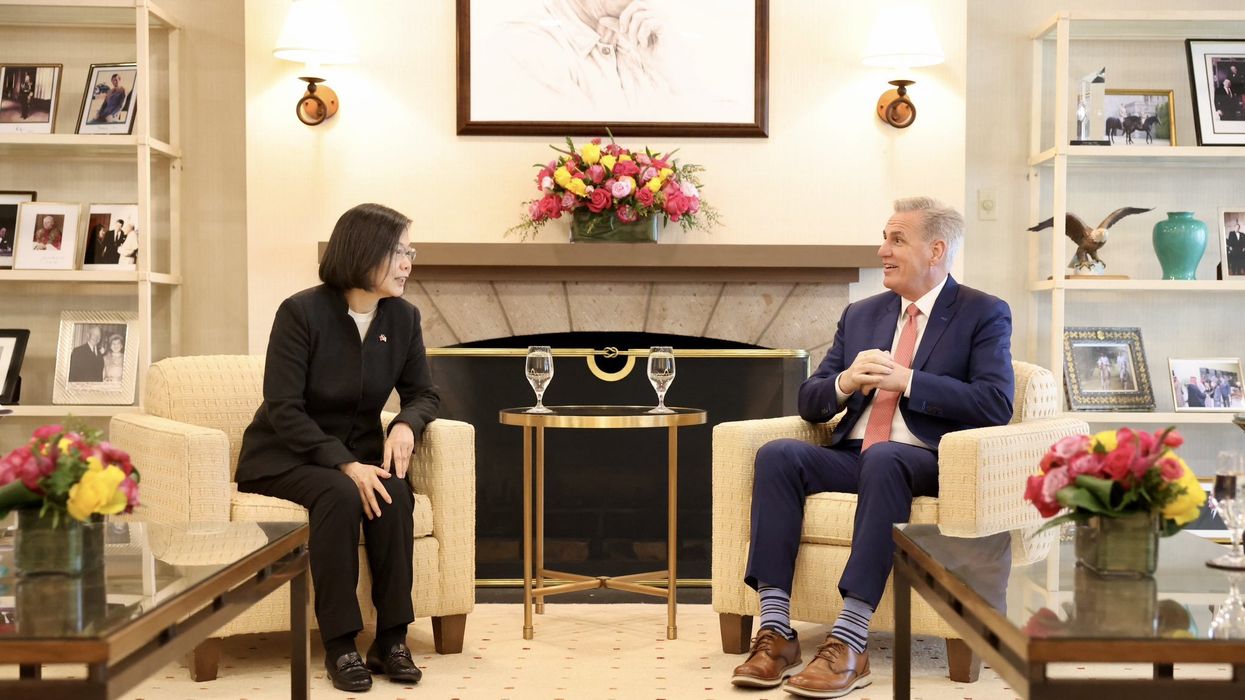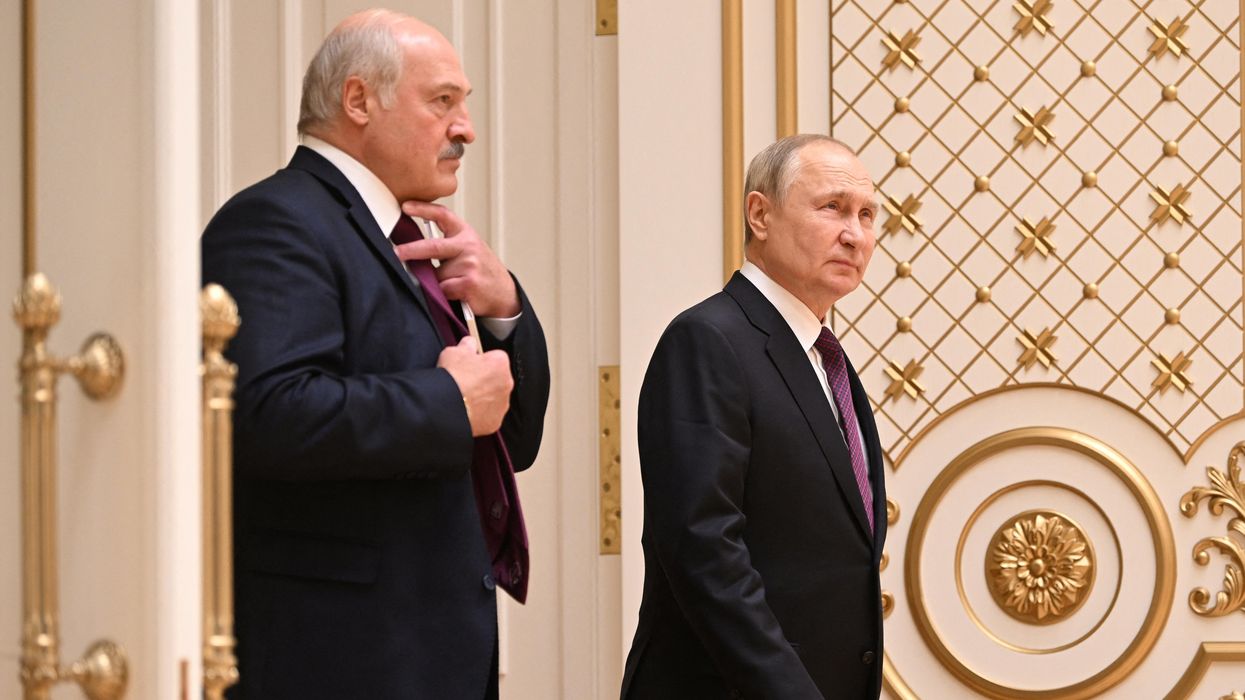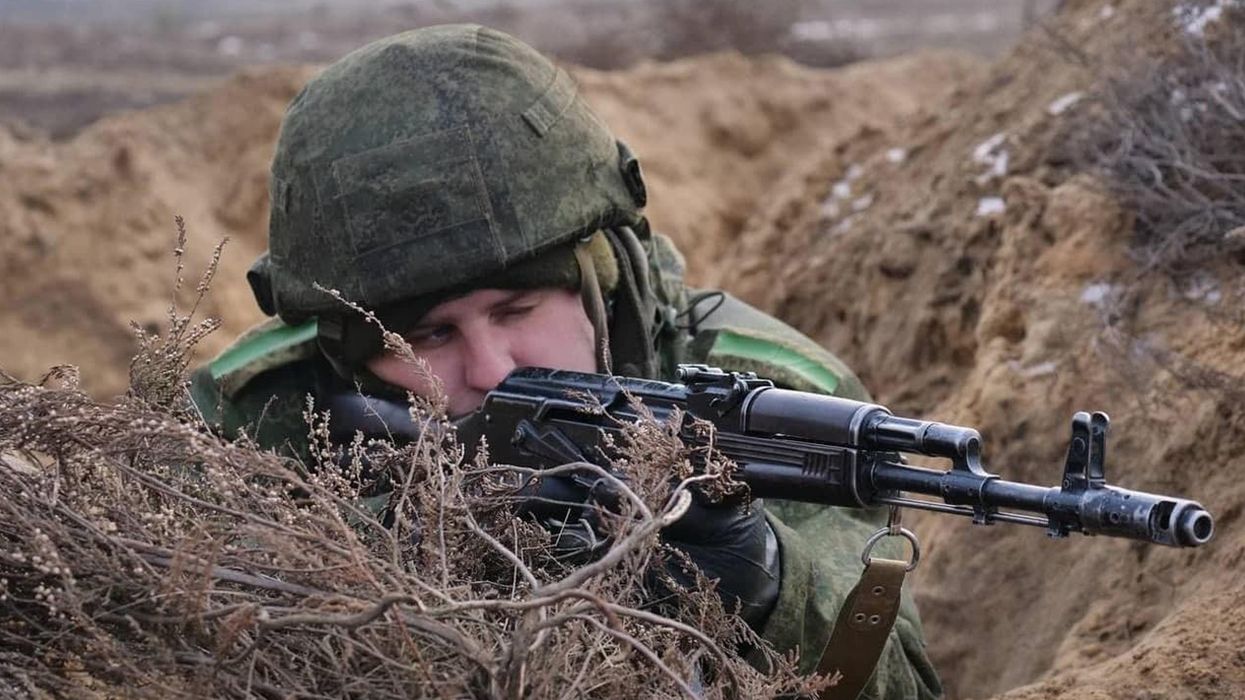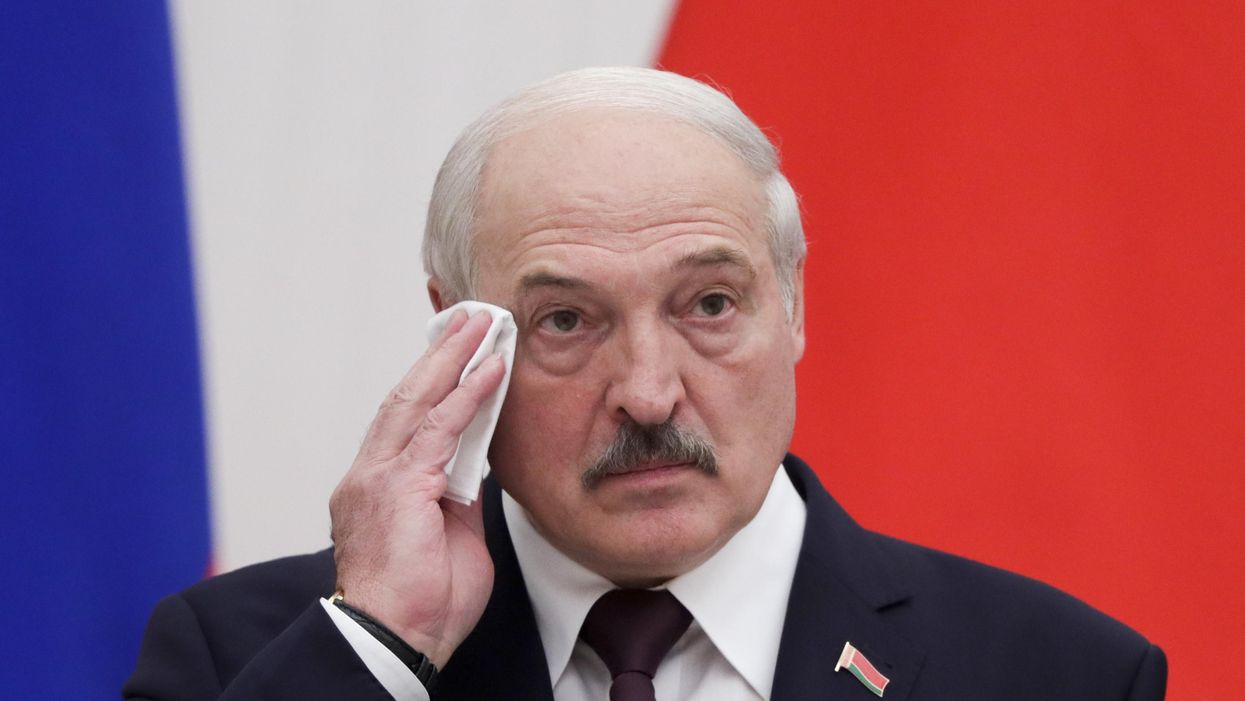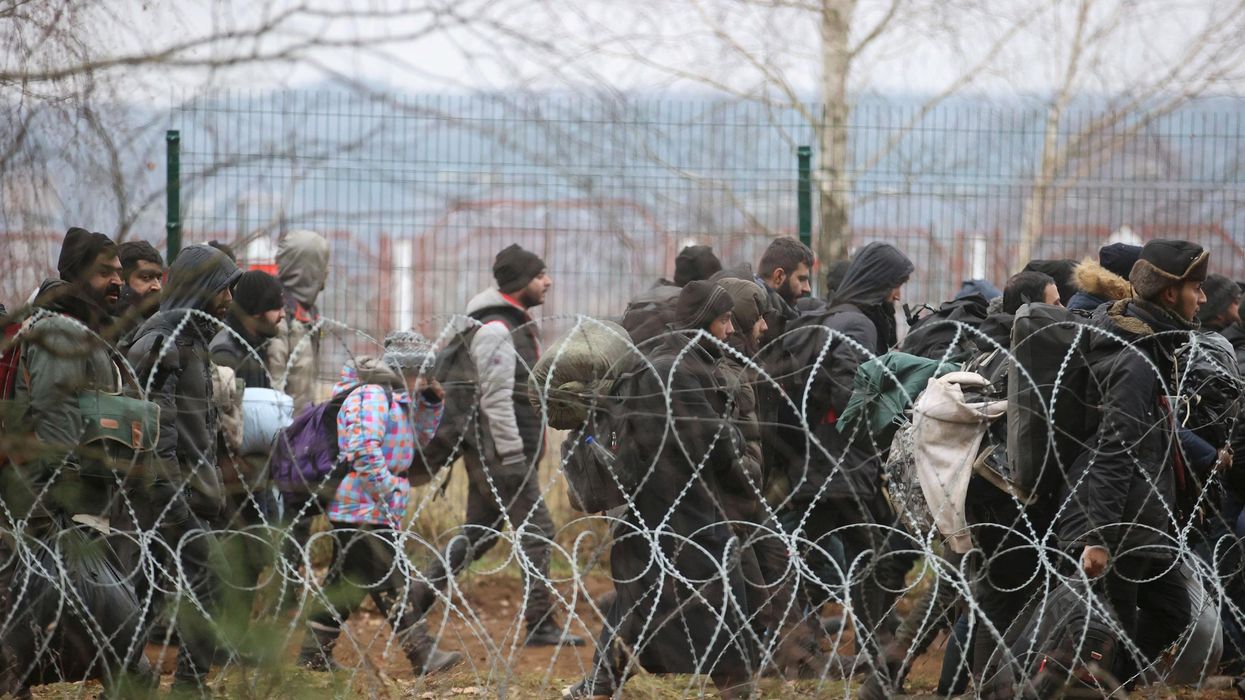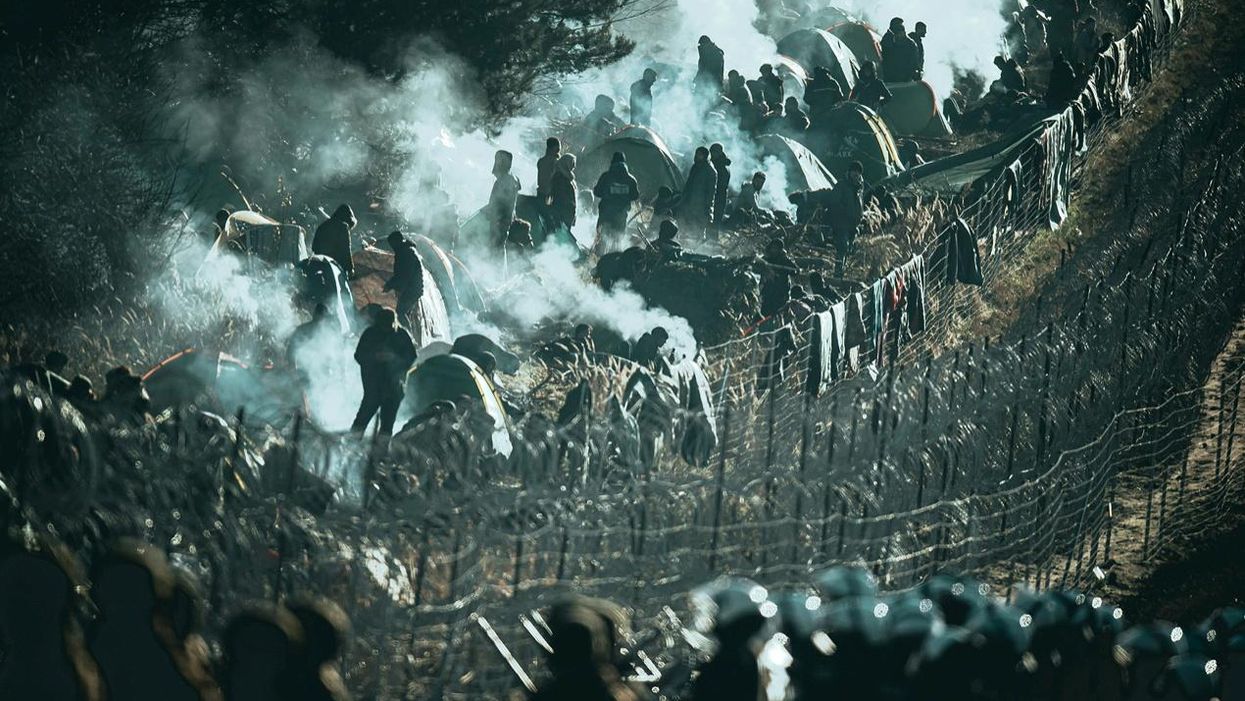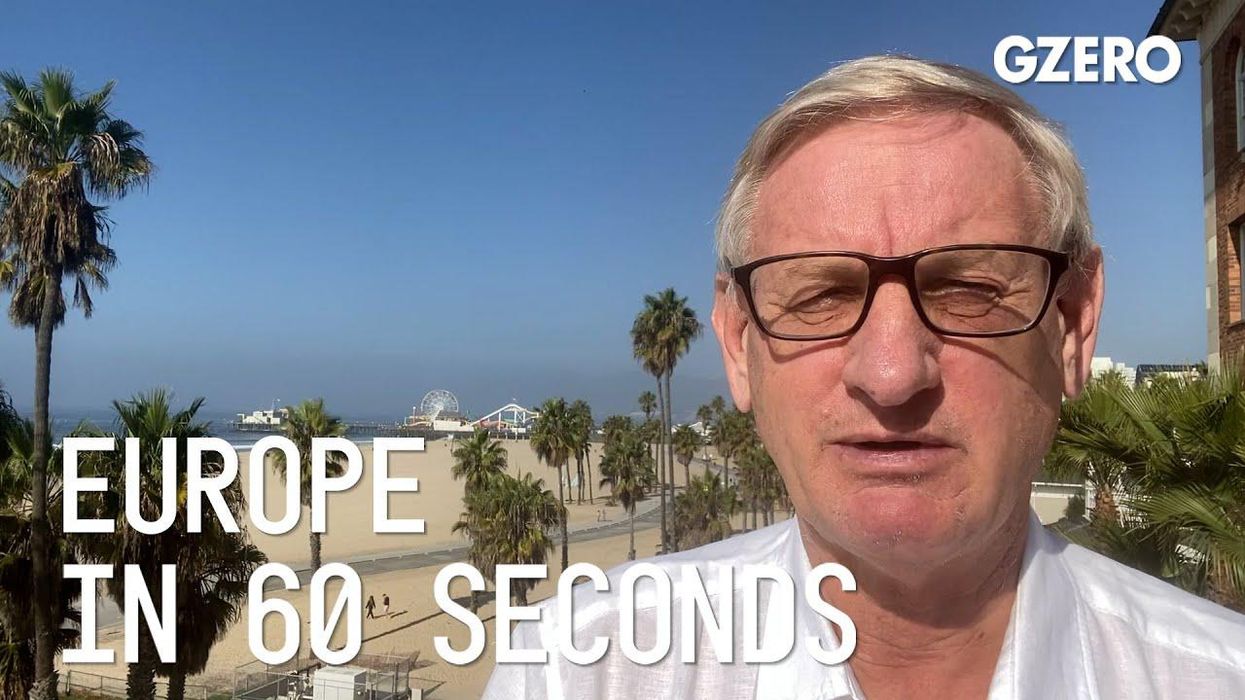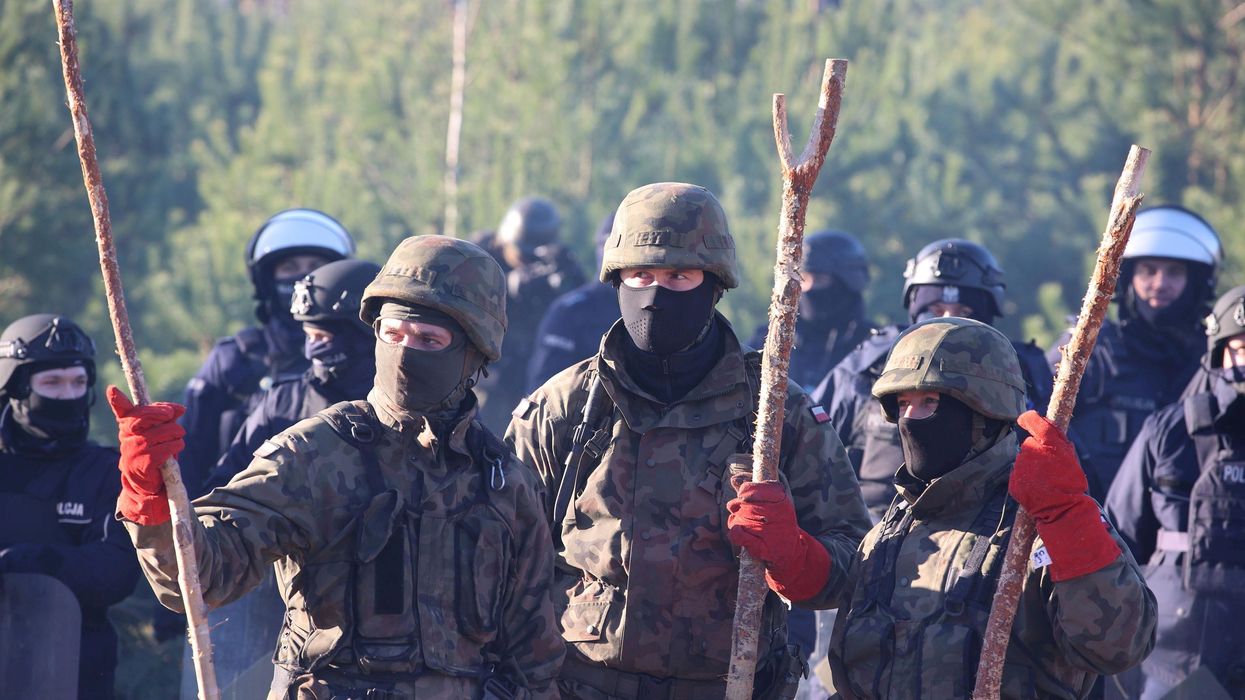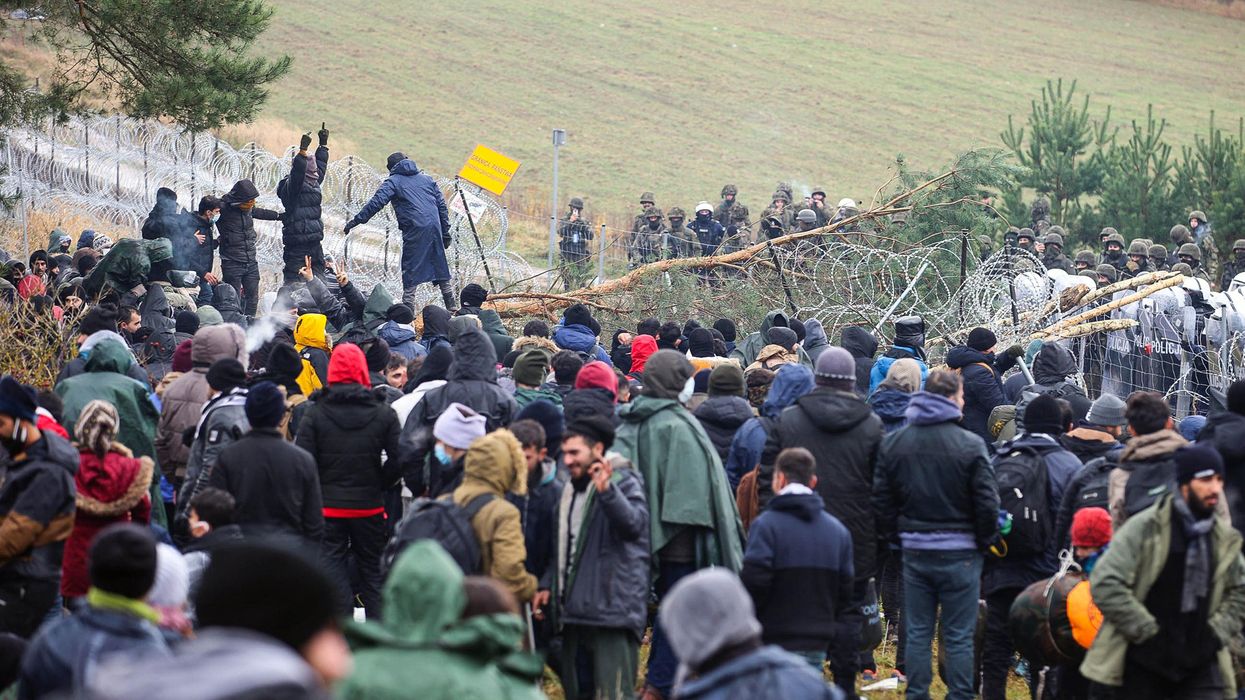What We're Watching
What We’re Watching: Nepal’s protesters pick a leader, Trump courts Belarus
Nepal’s “Gen-Z” protest movement has looked to a different generation entirely with their pick for an interim leader. Protest leaders say they want the country’s retired chief justice, Sushila Karki, 73, to head a transitional government.
Sep 11, 2025
